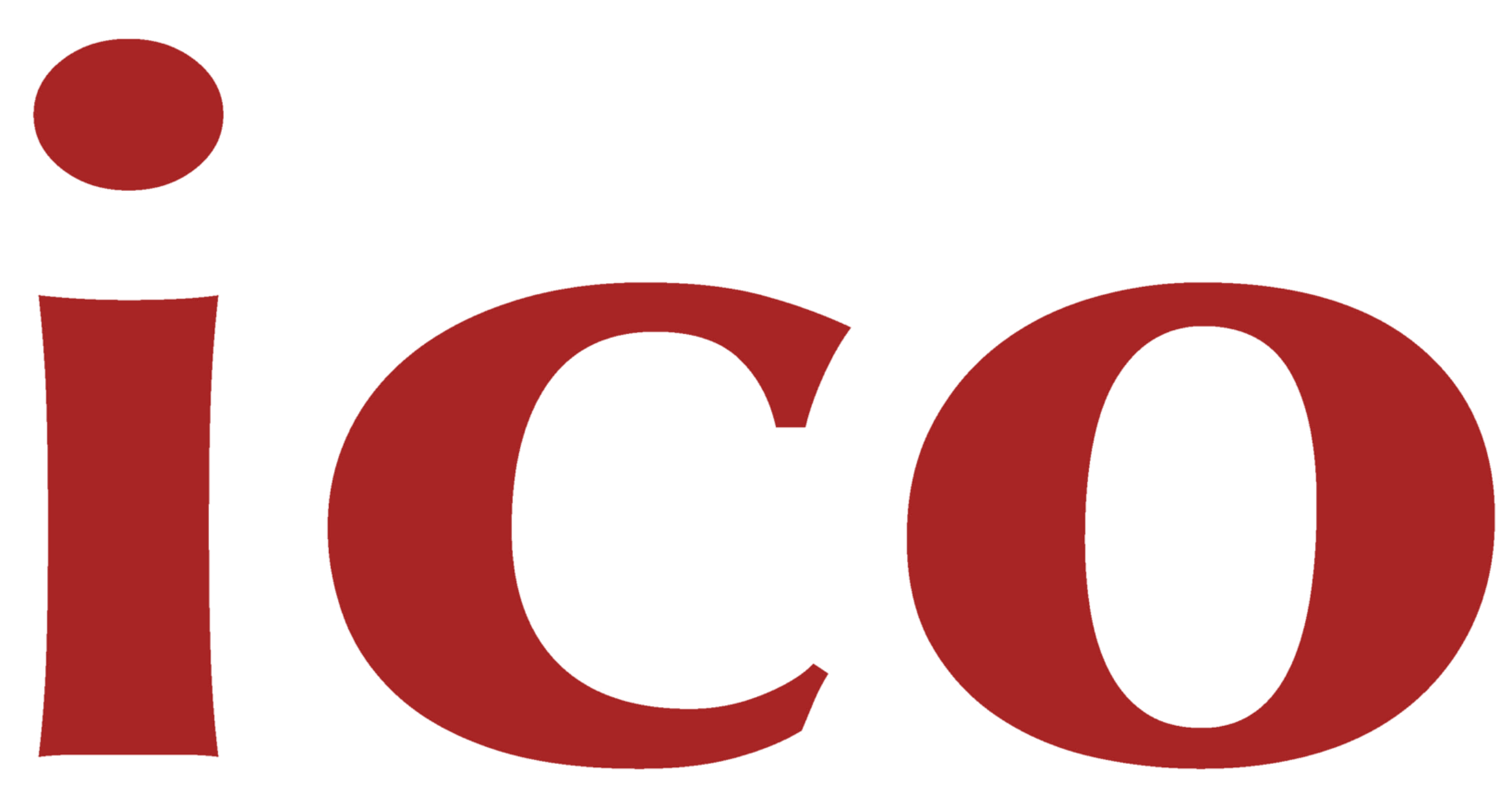24-T8 Using assessment and feedback to make learning visible for all
Innovative assessment research and implications for practice
Download the full course manual: https://ico-education.nl/wp-content/uploads/2023/10/ICO-Course-Manual-2023_Assessment_website.docx
- Tutors: Judith Gulikers and Liesbeth Baartman (and guest lecturers)
- ECTS: 56 hours (2 ECTS)
Preliminary Course description
This course engages students in innovative approaches to assessment and feedback. It challenges the why, what and how of assessment in a variety of contexts: collaborative assessment, assessment and feedback in hierarchical contexts, assessment that is inclusive for different students, assessment in innovative learning environments (such as transdisciplinary learning environments). Students experience more creative ways of making learning visible throughout the course and at the end of the course. And as feedback is such a key element of powerful assessment practices, and developing feedback literacy gains a lot of attention in assessment research, the course aims to empower students in asking better feedback questions to get more out of the PhD trajectory, both in terms of process and output (e.g articles).
Summary of the setup of the course
| Date and time | Subjects | Assignment Deadline |
| Dec 7th 2023 10:00-16.30 h Utrecht | Day 1 (morning) Start up, getting to know each other and experimenting with feedback questions and emotions. Liesbeth Baartman & Judith Gulikers (and Renske de Kleijn) Day 1 (afternoon): Assessment of collaborative learning. Jan Willem Strijbos, University of Groningen | Journalling throughout the sessions to grasp your learnings + asking a powerful feedback question to peers, supervisor or another expert. |
| Feb 1st 2024 10.00 – 16.30 Utrecht | Day 2 (morning): Fairness as a quality criterion for assessment. What constitutes fair assessment for multilingual students? Marian van Popta and Liesbeth Baartman, HU University of Applied Sciences Utrecht. Day 2 (afternoon): Assessment and uptake of feedback. Desiree Joosten-Ten Brinke, University of Maastricht. | Journalling throughout the sessions to grasp your learnings + asking a powerful feedback question to peers, supervisor or another expert |
| Feb 27th 2024 10.00-17.00 Utrecht | Day 3 (morning): The why, what and how of assessment in transdisciplinary learning Judith Gulikers, Wageningen University Day 3 (afternoon): Creative and reflective sessions sharing your learnings Judith Gulikers & Liesbeth Baartman | Wrapping up of your final assignment during the session |
Course objectives
After this course…
- You have broadened your perspective on what assessment and feedback can be and entail.
- You have developed the capability to ask better feedback questions that empower you during your Phd trajectory.
- You can reflect on the why, what and how of assessment and feedback in various situations (e.g. collaborative learning, innovative learning environments (e.g interdisciplinary, intercultural, transdisciplinary), hierarchy contexts and inclusivity) and what this means for educational practice as well as research.
- You are able to show your learning in more creative and reflective ways (i.e, assessment as making learning visible).
- You have developed a future perspective on assessment research, either from a deepening perspective, or a broadening perspective.
Requirements/entry level
The ICO introductory course provides a broad idea of the research fields in this theme group. To get the most out of the sessions, it is helpful if students have an understanding of what assessment is, including that assessment can have different functions: assessment of / for / as learning. Reading Schellekens et al (2021) can be helpful as an introduction on these different functions of assessments.
Schellekens, L. H., Bok, H. G. J., de Jong, L. H., van der Schaaf, M. F., Kremer, W. D. J., & van der Vleuten, C. P. M. (2021). A scoping review on the notions of Assessment as Learning (AaL), Assessment for Learning (AfL), and Assessment of Learning (AoL). Studies in educational evaluation, 71, 101094. doi:https://doi.org/10.1016/j.stueduc.2021.101094
